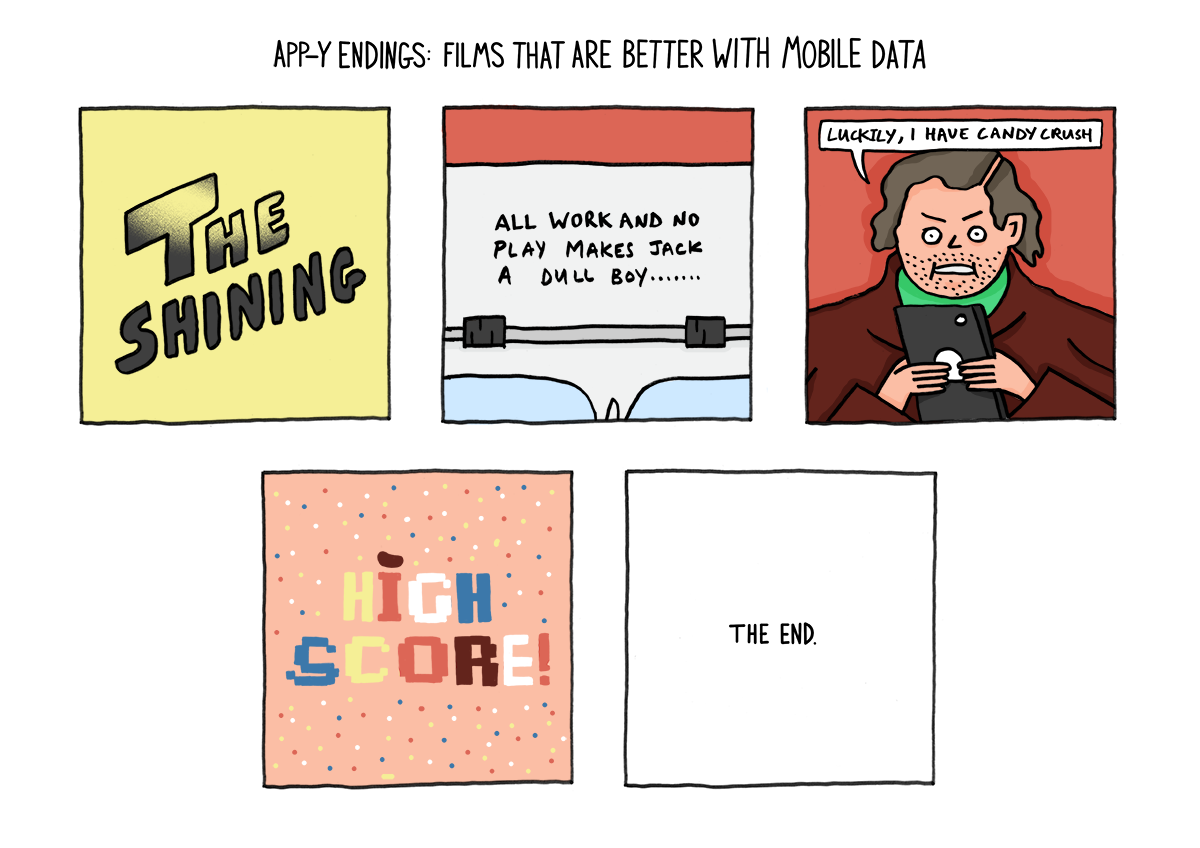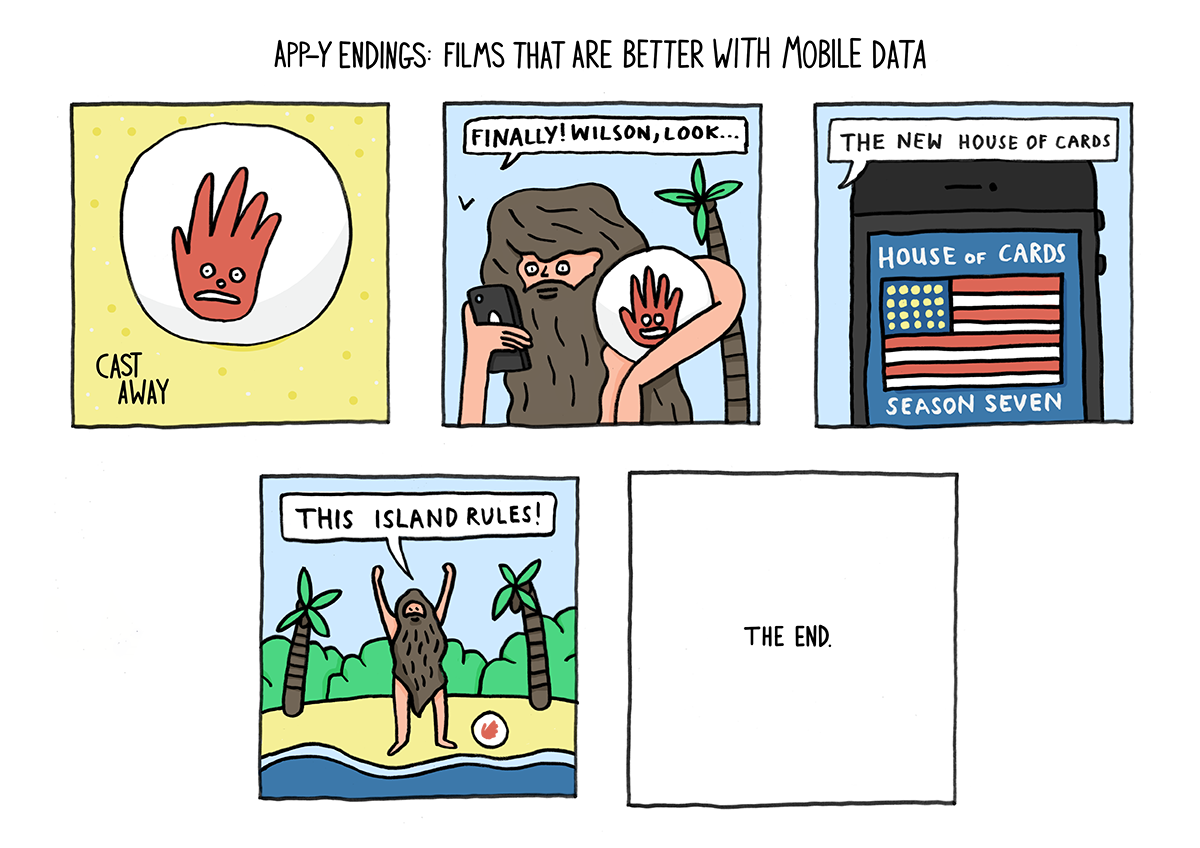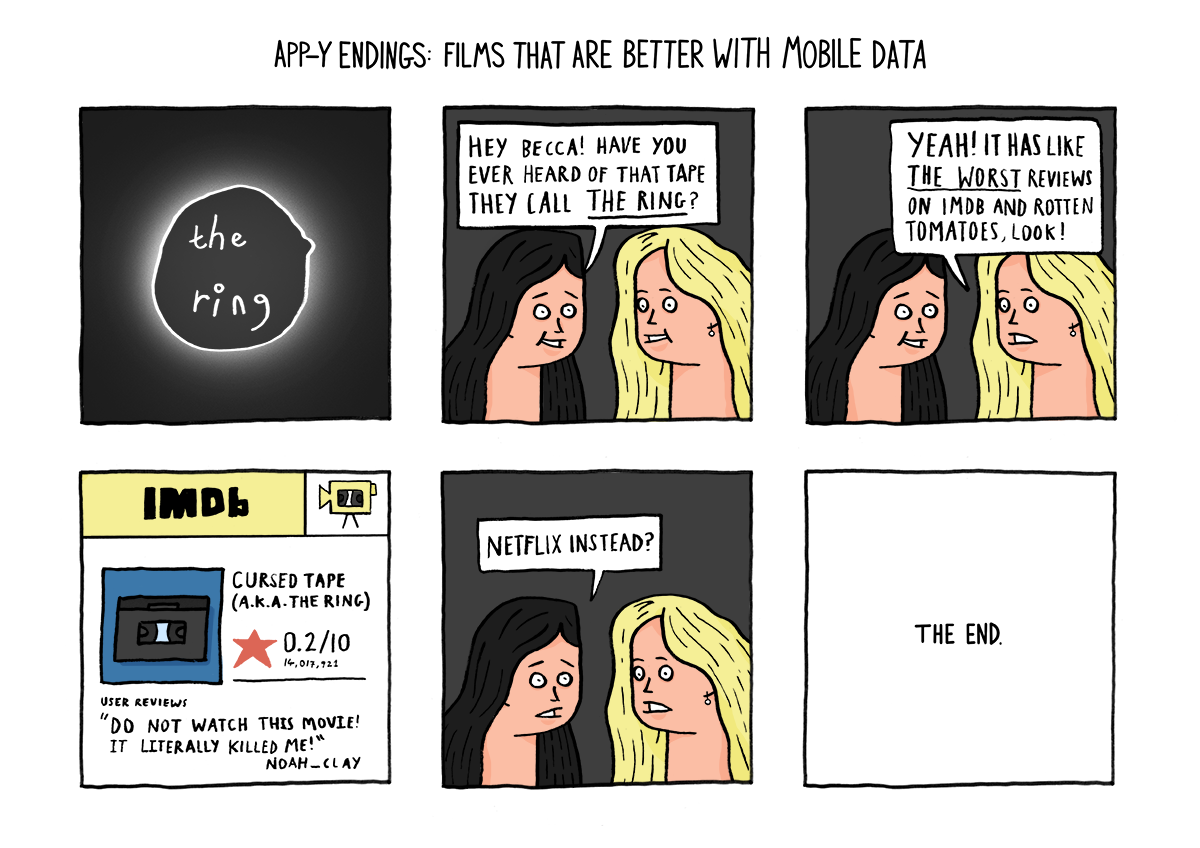
1) “Maybe it’s time we tell you,” the Atlantic seems to be saying, just more than a week after the world seemed to turn upside-down, “that we humans haven’t always believed in progress. To the contrary, it’s a rather new idea.” In Joel Mokyr’s essay from yesterday, “Progress Isn’t Natural,” our optimism towards human endeavors and scientific discoveries is at odds with what before could be described as “ancestor worship,” a feeling of due respect for tradition and classical texts prior to the Enlightenment:
After 1600, Europeans developed scientific instruments that allowed them to see things the ancient writers could never have imagined. No wonder they began to feel superior: Ptolemy had no telescope, Pliny had no microscope, Archimedes had no barometer. The great classical writers may have been smart and well-educated, but European intellectuals thought of themselves as equally intelligent and better informed—and thus able to see things the ancients could not. Hence, everything must be tested with real evidence, not on the say-so of authorities who had lived 1,500 years earlier. The motto of the Royal Society, which was founded in 1660 in London, was in nullius verba—“on no one’s word.” Skepticism was the taproot of all knowledge. Even the Bible itself began to be examined critically, not least by Baruch Spinoza, who cast doubt on its divine origins and saw it as just another text.
As suspected, then, the course of human progress seemed all but within our grasp. Of course, the difficulty came in defining what that “progress” looked like, and where it would take us. A couple indicators were consistent, though: monetary wealth and broader definitions of human rights. It might go to explain that, despite one’s best intentions, the two are at odds, and the project of “progress” continues on as a fraught and conflicted affair.
2) The rave Manchester by the Sea reviews continue to come in. Joe Morgenstern says it’s the best film he’s seen all year, and suggests, “I tell you to watch for a leisurely scene with a tennis ball; it’s one of those little interludes of grace that enrich a work of art, or a life.”
And the Fantastic Beasts reviews are mixed, to say the least, but that will not slow me (or the world) down.
3) To get you primed for the Mockingcast, a trio of great social science articles that came out this week, one that only restates the power of BPZ’s excellent essay in the magazine. The Science of Us covers the phenomenon of attachment theory, especially in the realm of child-rearing and romantic relationships. Drake Baer argues that good parenting is not damned when it’s made a child react negatively. We all want to know—and our children do, too—that there is space for our anxiety:
And kids, the empathic little sponges that they are, can pick up on the anxiety that parents have about being perfect. “Children can read between the lines and they’d much rather be in a relationship with a parent who makes mistakes and is open to working on where they struggle vs. a parent who is doing everything possible to never make a mistake,” he added. It’s of a piece with the value of being able to “rupture and repair,” or re-threading a nurturing connection when it’s broken, rather than being brittle perfection all the time. If that’s normalized, then the conflicts “belong,” Hoffman says, and the repair is expected to come.
And speaking of the normalizing of pain, this article from the USA Today talks about a new campaign that’s providing connection for seniors dealing with chronic loneliness, a growing phenomenon in American domestic life. According to the article, these agencies provide services like bringing meals and providing in-home care for those who feel alone.
And another Social Science Proved My Life entry, this time from the Research Digest of the British Psychological Society: “We Have an Unfortunate Tendency to Assume We’re Morally Superior to Others.” In the study, participants were asked to rate themselves and others within the domains of morality, sociability and agency—the first of which was the primary domain of our “positivity illusions.” A sobering glimpse at the way we look at ourselves and the world around us (ht BPZ).
Instead, their ratings were influenced by the desirability of the moral traits, meaning that participants rated particularly prized traits like trustworthiness as 6.1 for themselves, but only 4.3 for others. Traits like competence and warmth in the other domains were also highly prized, but the participants didn’t inflate their scores here in the same way. In short, we seem to be especially prone to seeing ourselves as morally superior.
4) A little local flair for the hometown hero. The C-Ville Weekly published a story about Lulu Miller, of Radiolab and Invisibilia fame, and in particular, the power of listening in the work of radio journalism. Her words could second as a pastoral care tutorial.
She’s often amazed at the things people reveal about themselves in an interview. It’s a reminder that when you’re vulnerable, “when you do show your worst side, that can be an act of humanity, because it shows everyone that everybody else is so deeply imperfect,” Miller says. “That can be such a gift, because sometimes people put up such a front.”
It’s her job to break through that front, and she has some favored methods for doing it; for getting Kish’s mom to talk about how she was called reckless by other parents for letting her blind son live his life as any other kid, taking horrible falls off of bicycles and running into poles, for example.
“Really listen,” Miller says. “Really show you’re with them. Sometimes people are almost shocked when they’re very closely listened to.” Once the person is a bit more relaxed, she says she starts poking and prodding gently. “The range of people and their take on the world, that’s what never ceases to amaze me,” Miller says.
She recalls interviewing a woman who snuck into a mental hospital in the 1970s. Miller says she asked what the place looked like, what it smelled like, asked for physical details, and the woman responded with, “‘Oh, the smell. The smell was like this sour mop that, no matter how much you mopped, it still smelled like that.’ Her voice changed,” Miller recalls, “and it went from this story she’d told a million times to the disgust of that mop. And she started talking more slowly—you could tell she was remembering new information. And then I asked something like, ‘What did that smell mean to you?’ and she paused and said, ‘It’s the smell of neglect.’”
Miller likes to think of her job in terms of a scene in 1991’s The Addams Family, in which Gomez and Uncle Fester go into the library, Gomez pulls a book, and the bookshelf turns and there’s a secret passageway behind it. “I sometimes think that I’m [rooting] around in people’s memories, trying to pull the right book, where suddenly you gain entrance to this other wash of memories.”
5) A great piece on Facebook Feeds to add to the Filter Bubble file. The Guardian experimented with whether or not reading a different (meaning, the opposite) news source would change the way you viewed your politics. Right-wingers were getting Mother Jones, left-wingers were getting Breitbart. While the article ends somewhat optimistically, you can’t not see the depressing truth—we want our news like we want our social media: personalized. One participant even quit the experiment before the time was up, explaining, “You might as well have been waterboarding a brother.”
If there was one thing that our participants agreed on, it was that the Facebook feed “the other side” reads is largely wrong.
“It’s like reading a book by a fool,” said Pines. “It’s hard to read something you know is a lie.” Another liberal, Nikki Moungo from St Louis county, Missouri, went a step further: “It’s like being locked into a room full of those suffering from paranoid delusions,” she said.
…“Seeing the liberal feed [as a conservative] pulled me further to the right,” said Loos. “Without getting the counterpoint, I was drawn more and more to the conservative side. Instead of luring me in, it pushed me away.”
Such goes a year whose Oxford Dictionary word is “post-truth.” But the short-list is well worth reading, too: words like adulting, alt-right, brexiteer, glass cliff, Latinx, and woke. Read about them here.
6) And you may have heard that Bob Dylan was nominated for the Nobel Prize, but did you know that he’s not going? Dylan amazingly cites “pre-existing commitments” for the date of the ceremony.
In any case, Mr. Dylan, who has always liked to follow his own path, has proved to be an elusive and frustrating laureate, starting with his apparent failure to immediately appreciate the honor being bestowed upon him, not to mention the 8 million Swedish krona, or $871,412, check that comes with it… It is unclear what commitments Mr. Dylan might be referring to. His official website lists no tour dates after Nov. 23.
7) If you’ve ever wondered what you did with your life before you gorged on television shows, you’re not alone. This one from Joe Queenan on the versatile skill of the binge. Turns out, you can binge pretty much everything (ht MM)!
I haven’t stopped there. I binge weddings, showers and christenings. I also binge virtue. I write checks to Doctors Without Borders, the American Red Cross, the Children’s Aid Society, the Fresh Air Fund and PBS in a day, and then I don’t have to worry about being a good person for the next 364 days. Is that ever a relief!
…Bingeing does not work with everything. You shouldn’t binge Mexican food, marzipan, pesto sauce or watermelon. Bingeing on tequila is not a good idea, either. Ditto Prozac. But just about everything else can be handled very effectively through bingeing. You can easily binge northern Virginia, Maryland, Delaware, New Jersey, Pennsylvania, New York, Connecticut, Rhode Island and Massachusetts in a single 10-hour drive—and toss in the District of Columbia and southern New Hampshire for good measure! You can binge England, Scotland and Wales in about five hours; take the night ferry to Belfast, and you’ve binged your way through the entire U.K. Then on to France, Germany, the Netherlands, Belgium and Luxembourg, all close enough to each other to be binge-ready.
You can effortlessly binge rage, fury, anger, sorrow, remorse, regret, ennui and pique in one sitting and then move on to joy, ecstasy, glee and euphoria—maybe even schadenfreude—all in about two hours. That leaves you with plenty of time to binge-mope, binge-kvetch, binge-whine or binge-watch “The Walking Dead.” Which makes sense, because, in a way, people who binge their way through life already qualify as zombies.
8) And speaking of gluttony of all kinds…Happy Thanksgiving!
Strays:

COMMENTS
Leave a Reply
















